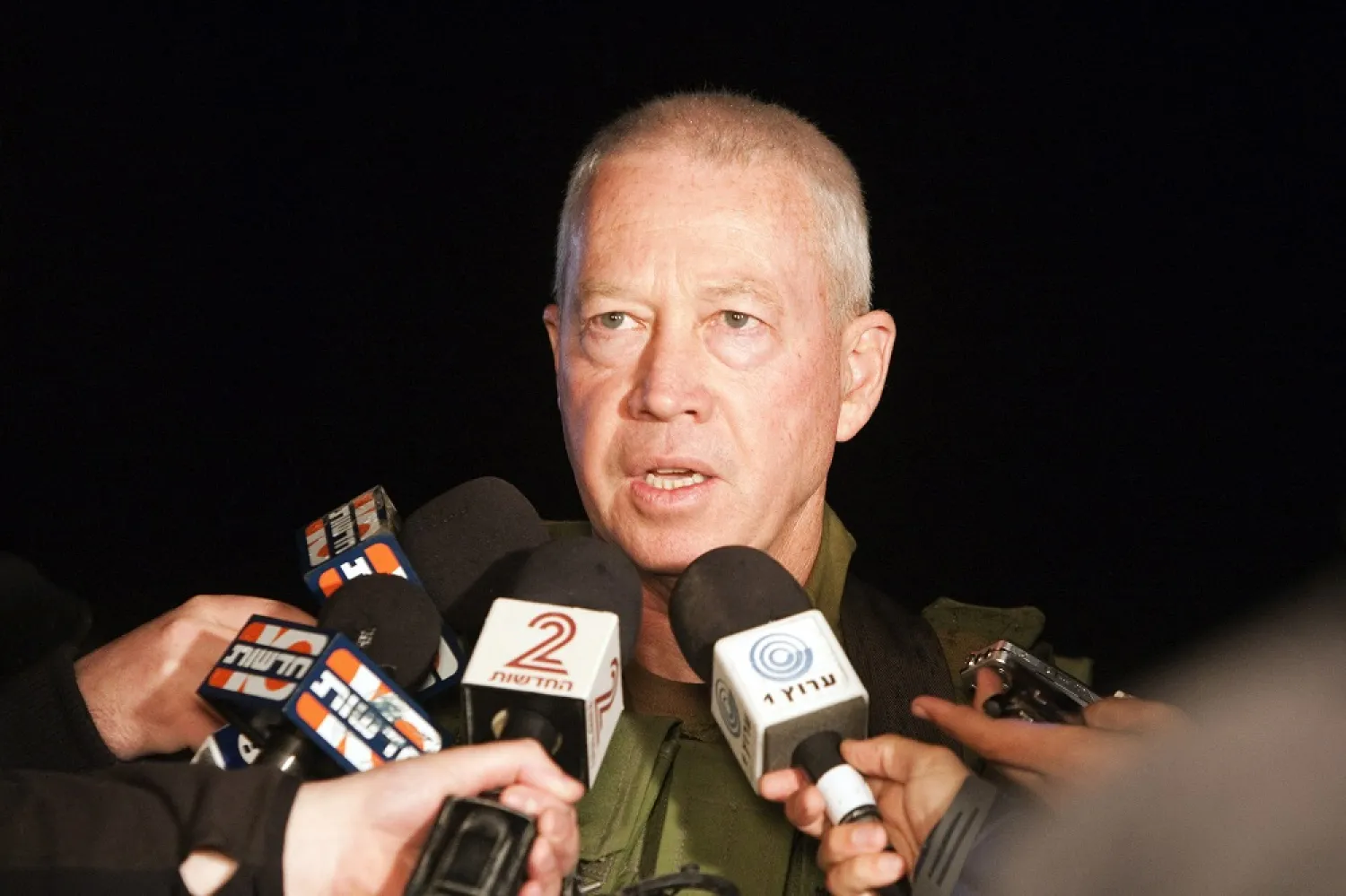Israel's new defense minister Yoav Galant is a former general, a staunch ally of Benjamin Netanyahu and a vocal advocate of Israeli settlements in the occupied West Bank.
In the military, the 64-year-old oversaw Israel's 2005 withdrawal from the Gaza Strip and later commanded the "Operation Cast Lead" offensive against its Hamas rulers in 2008-2009.
Since entering politics in 2015, he has served as minister for education, housing and immigration -- and has been a prominent backer of Israel's settlements, regarded as illegal under international law, that are today home to some 475,000 settlers.
Some observers fear a radical change in policy on the occupied West Bank under Netanyahu's new government.
Shlomo Neeman, who heads the Yesha Council, an umbrella group representing Israeli settlers living in the West Bank, welcomed Galant ahead of his appointment on Thursday.
"Yoav Galant is a man who has done a lot for the settlement of Judea and Samaria," he said, using the Jewish biblical terms for the West Bank.
Ahead of his nomination, Galant's predecessor Benny Gantz spoke with Palestinian president Mahmud Abbas, stressing "the important ties forged between the Israeli defense establishment and political echelon and the Palestinian Authority".
Galant, born in the Mediterranean port of Jaffa in 1958 to Polish Holocaust survivors, was a career soldier.
He was an officer in the elite marine unite known as Flotilla-13 when it carried out an operation against the Palestinian Fatah movement in Lebanon in 1978.
The unit killed around 20 Palestinian gunmen, etching the operation into the Israeli military's history books.
Top general
Between 1982 and 1984, Galant took a break from the army to become a lumberjack in Alaska.
Galant reached the rank of general in 2002, serving as former prime minister Ariel Sharon's military attaché.
Galant would later rise to become commander of the southern military command, overseeing Israel's 2005 withdrawal from the Gaza Strip, including the evacuation of 8,000 settlers from the Palestinian enclave.
He then commanded Israel's "Operation Cast Lead", a 22-day operation in Gaza that killed 1,440 Palestinians and 13 Israelis.
A United Nations report accused both Israel and Hamas of war crimes during that conflict.
Nominated as the army's chief of staff in 2010, Galant was mired in scandal over the appropriation of public land to build his house.
An investigative report led to a petition in the supreme court which did not result in criminal charges, but posed potential legal problems to his appointment.
Instead, Benny Gantz, whom Galant now succeeds at the defense ministry, was selected.
After leaving the army, he became director of a drilling company owned by Franco-Israeli tycoon Beny Steinmetz, but resigned in 2014 to enter politics.
In 2015, Galant served as housing minister as part of the center-right Kulanu party, though he later joined Netanyahu's right-wing Likud in 2019.
Under previous Netanyahu governments, Galant served as both immigration and education minister between 2019 and 2021.









